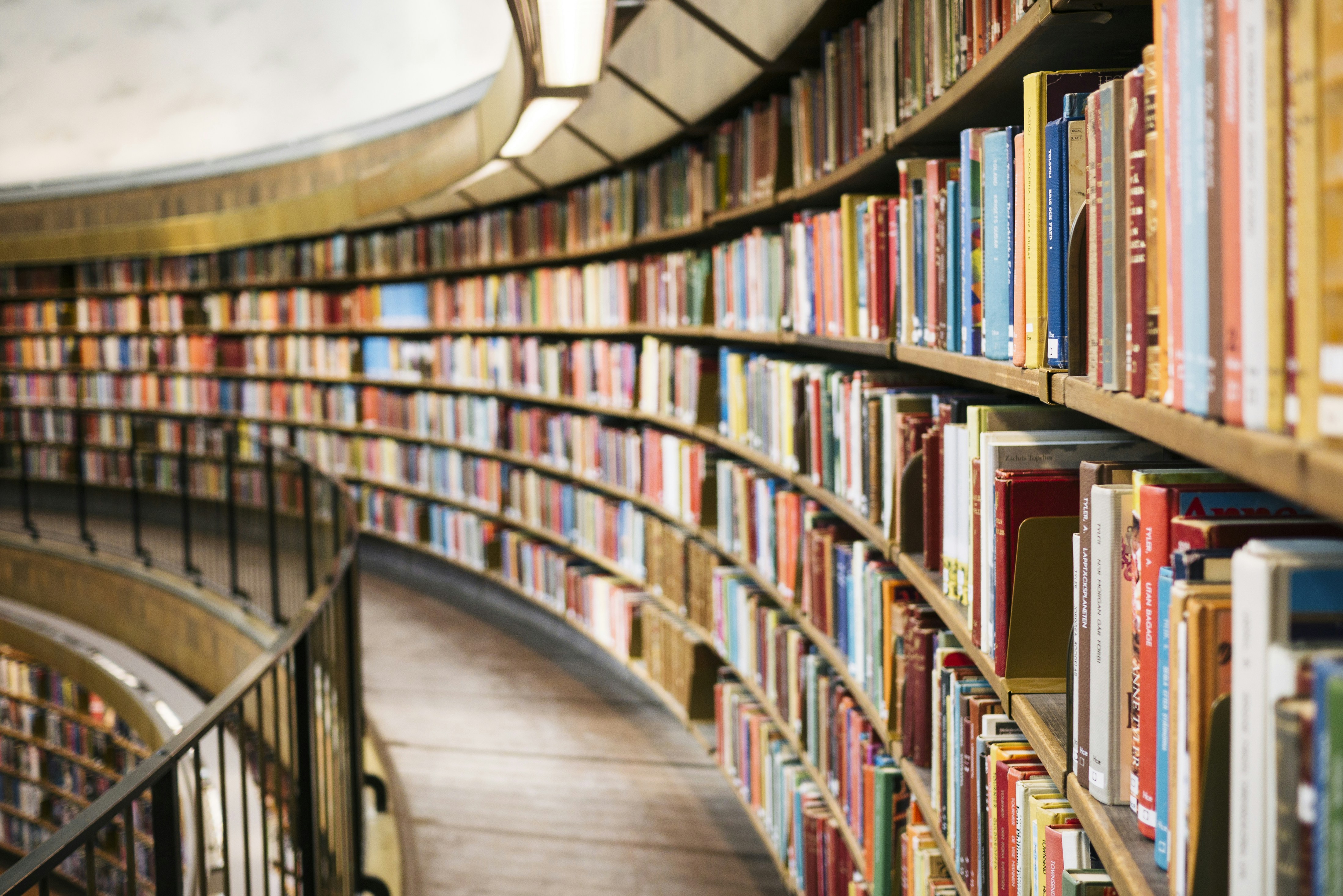
In today’s digital world, digitization and archives are essential for preserving knowledge, protecting cultural heritage, and making information accessible to everyone. Whether you are a student, researcher, or community member, understanding these concepts helps you engage with the past and plan for the future.
What is Digitization?
Digitization is the process of converting physical materials--books, photos, documents, or audio—into digital formats that can be stored electronically and accessed worldwide.
- 📄 Scan a handwritten letter into PDF.
- 🎙️ Record oral histories as MP3 files.
- 📷 Photograph old manuscripts and archive online.

What is an Archive?
An archive is a collection of historical or important records preserved for long-term use. Archives protect materials that tell the story of individuals, communities, and nations.
- 🏛️ Government records: laws, birth certificates.
- 👥 Community collections: photos, oral histories.
- 📜 Personal archives: letters, diaries, family albums.

Archives vs Libraries
- Libraries → Published materials (books, journals, newspapers).
- Archives → Unique or original records, often one-of-a-kind.
Archives in the Digital Age
Digital technology has transformed archives. Today you can find:
- 🏛️ Physical archives: storerooms, museums.
- 💻 Digital archives: online platforms, cloud storage.
- ⚖ Hybrid archives: combination of both.

Why Should We Care?
- Heritage Preservation – Digitizing cultural treasures ensures they survive for future generations.
- Access for All – Students, researchers, and the public can explore resources freely.
- Disaster Protection – Fires, floods, or conflicts may destroy physical records, but digital backups protect them.
Everyday Examples of Digitization
- 👪 Families scanning old photos to share online.
- 🏫 Schools digitizing student records.
- 📖 Libraries creating searchable online catalogues.
- 🎤 Community projects recording oral histories for YouTube or local platforms.
You might already be practicing digitization without realizing it!
Key Takeaway
Digitization and archives are not just for large institutions—they are for everyone. From families preserving memories to communities protecting cultural traditions, digitization connects the past to the future, offering new ways to learn, share, and engage with knowledge.




0 Comments